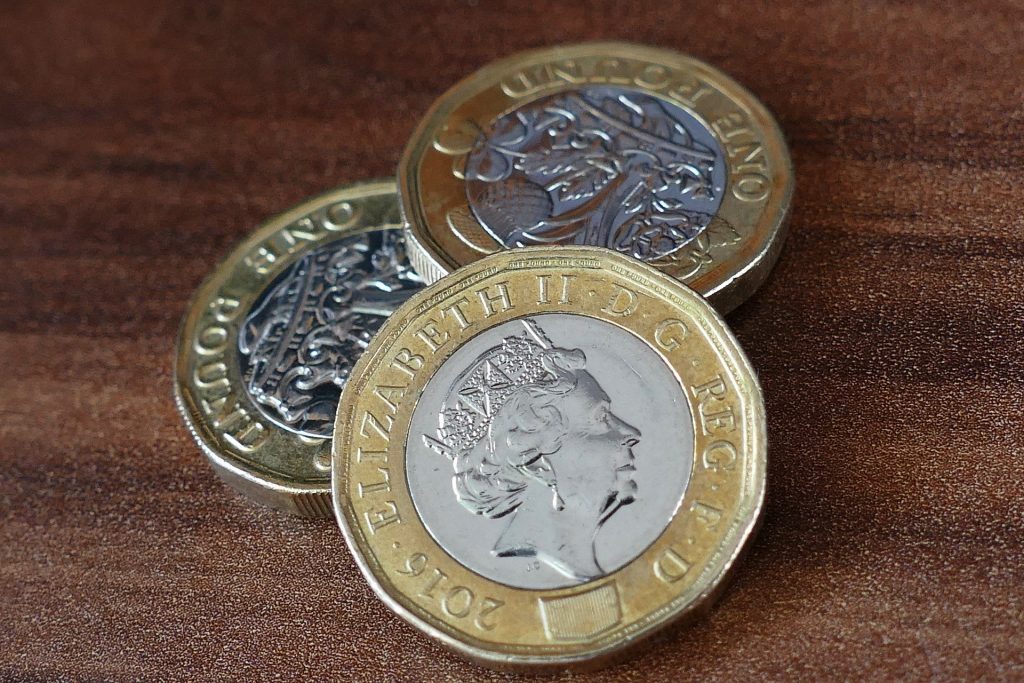National Insurance rise starts to hit pay packets
EMPLOYEES, businesses and the self-employed will pay an extra 1.25p in the pound. The government says it will spend it on health and social care.
Opposition MPs said it exacerbated cost of living pressures, but mitigation will be introduced in July.
Experts are urging people to check their status as a new tax year starts.
Earnings levels at which people start to pay income tax have been frozen, increasing the chances of employees being dragged into a new band – with a higher rate of tax – if they receive a pay rise.
Employees pay National Insurance on their wages, employers pay extra contributions for staff, and the self-employed pay it on their profits.
In September, the government announced the rise in contributions from 6 April, in part to help ease the burden on the NHS.
It means that, instead of paying National Insurance contributions of 12% on earnings up to £50,270 and 2% on anything above that, employees will now pay 13.25% and 3.25% respectively. The self-employed will see equivalent rates go up from 9% and 2% to 10.25% and 3.25%.
From now, employees will pay National Insurance contributions on earnings above £9,880 a year. From July, it will be paid on earnings above £12,570 a year.









